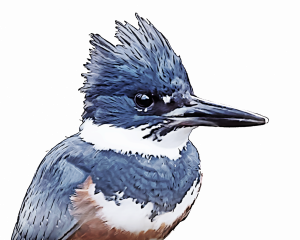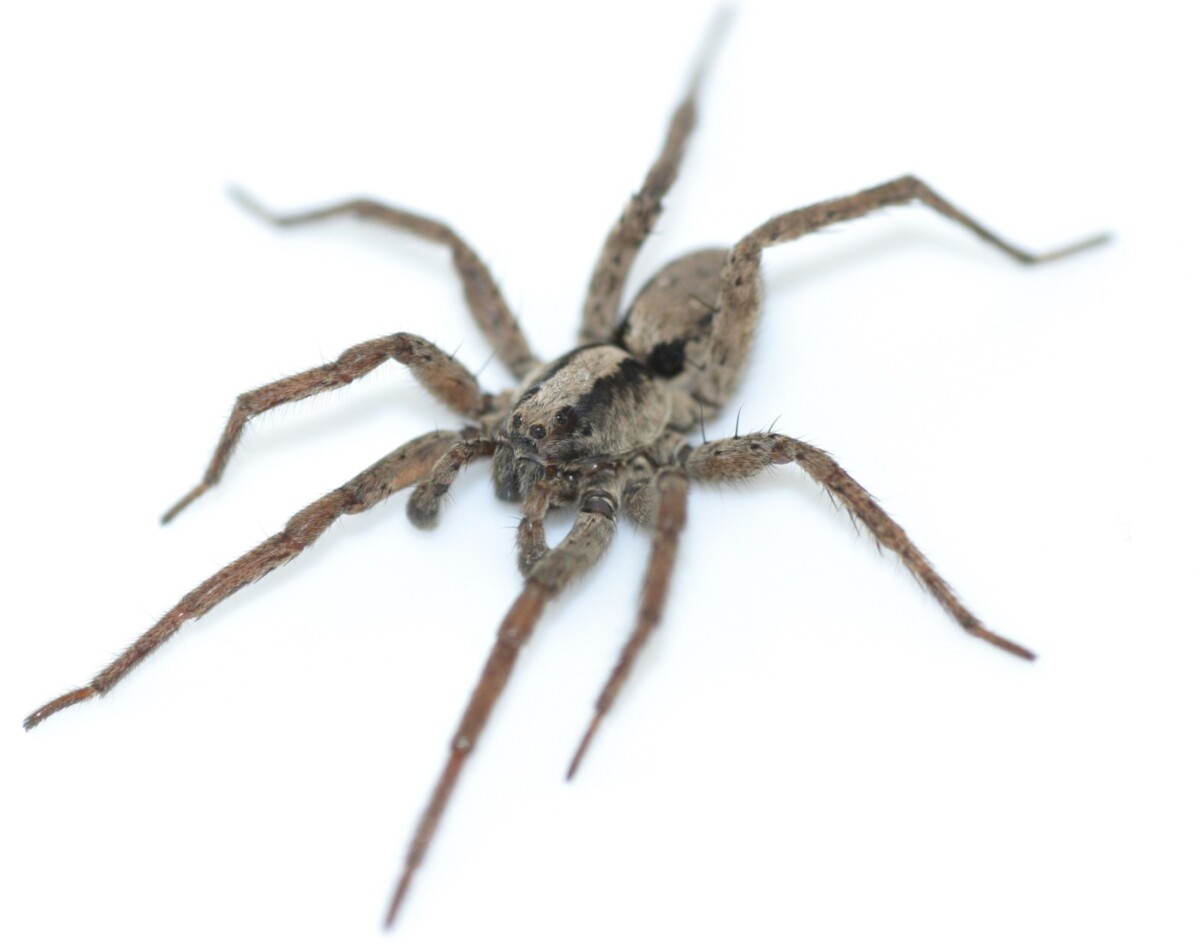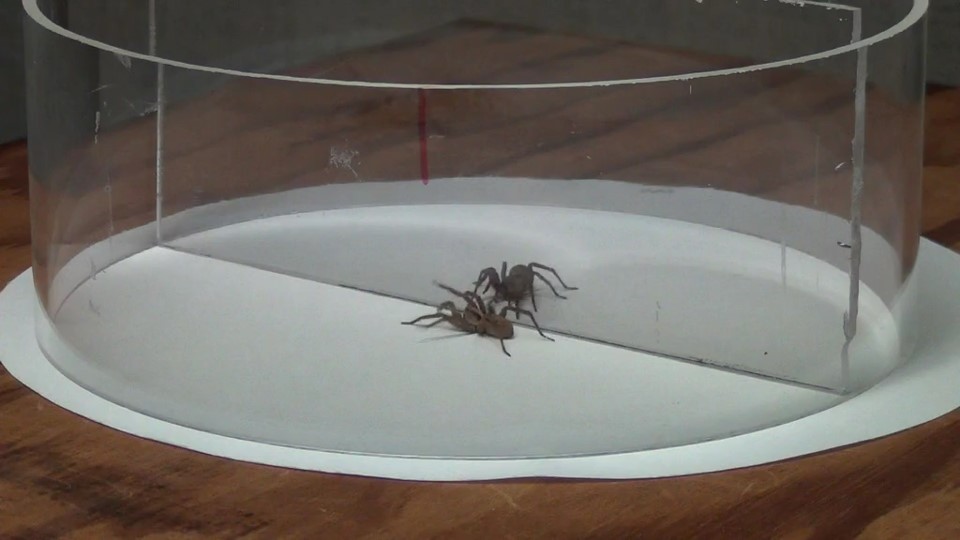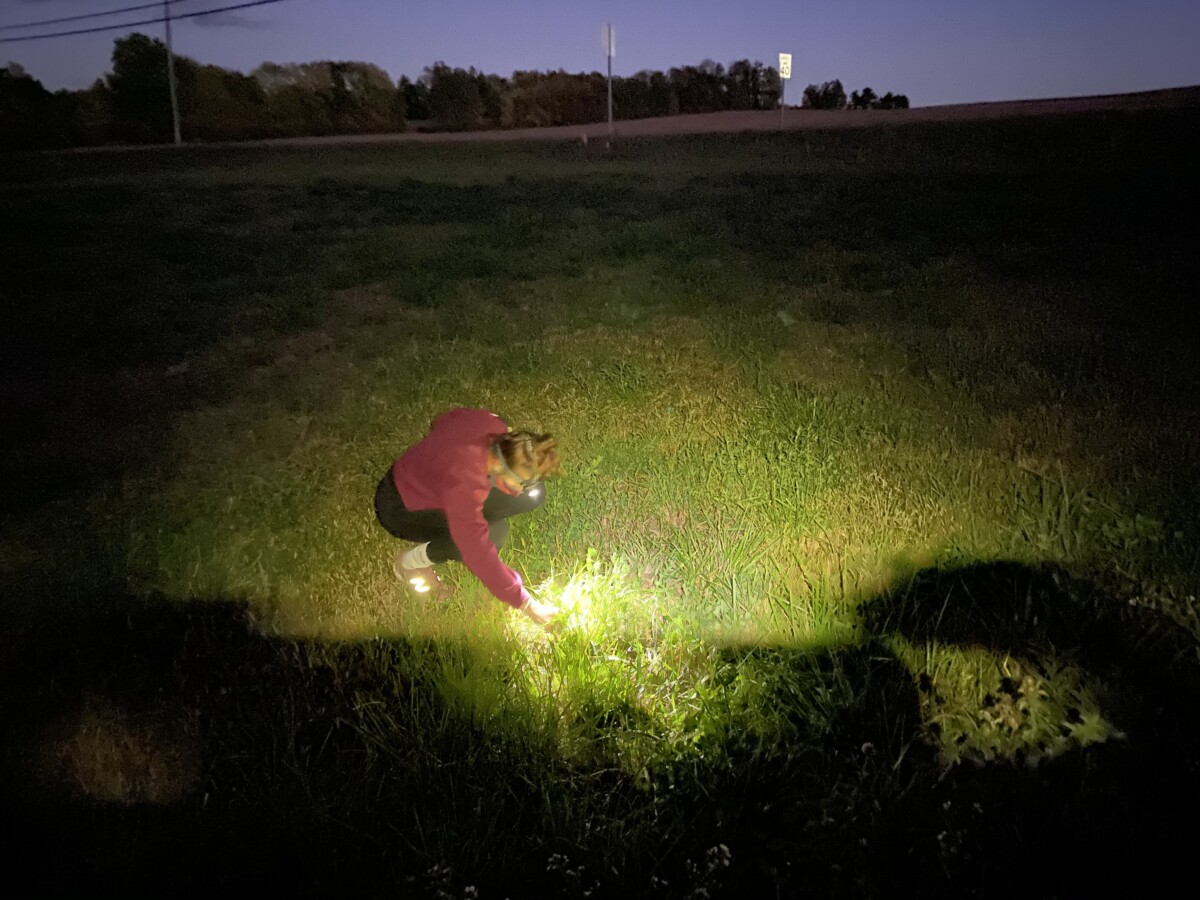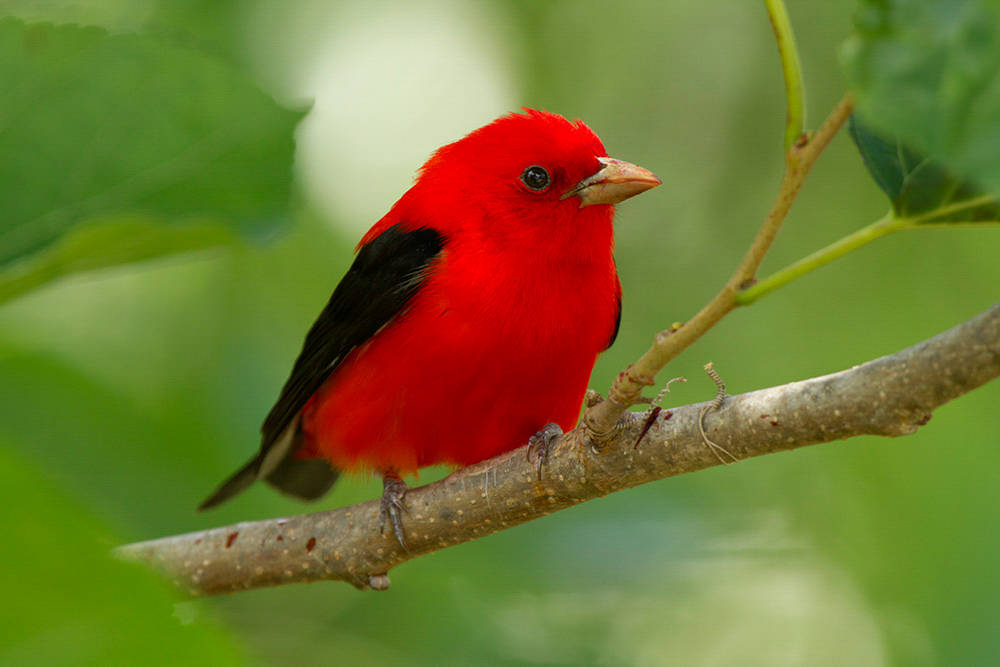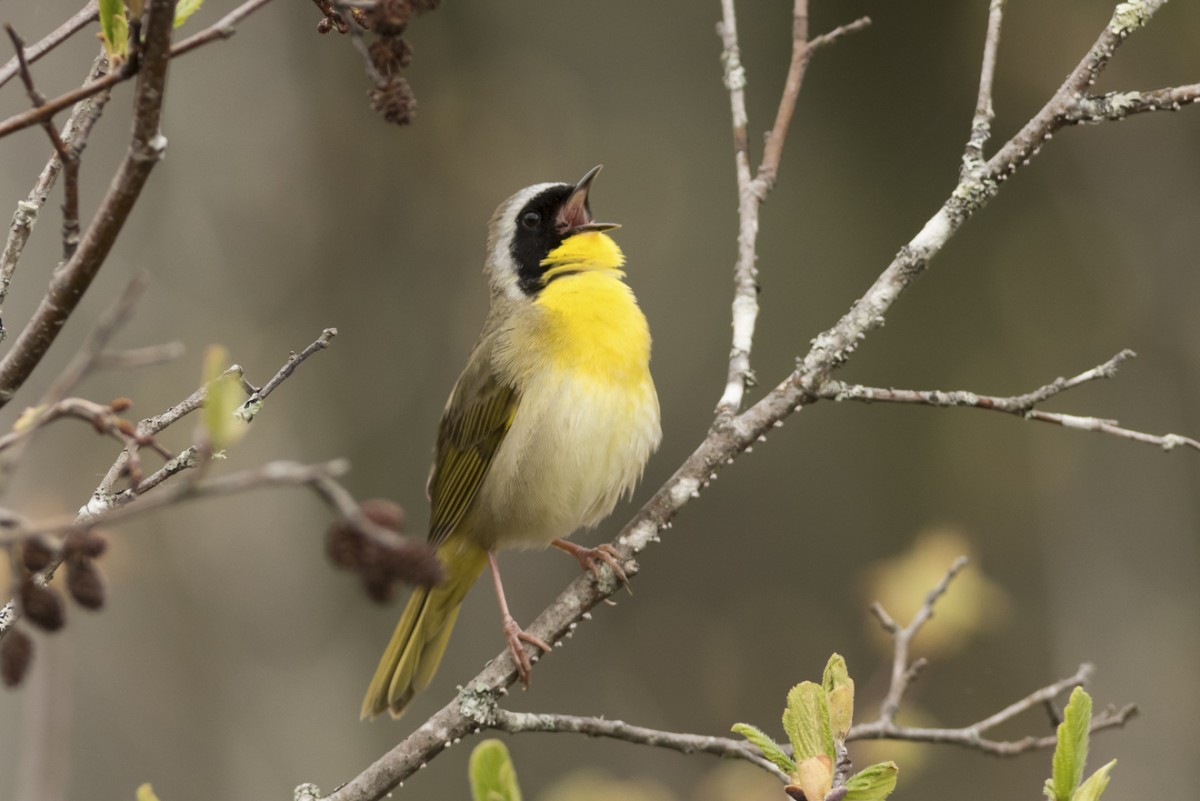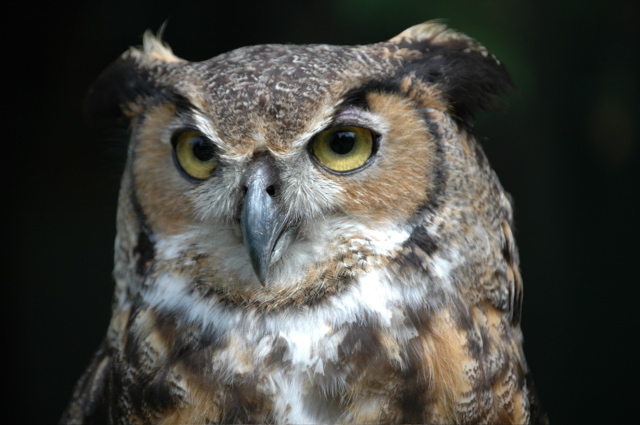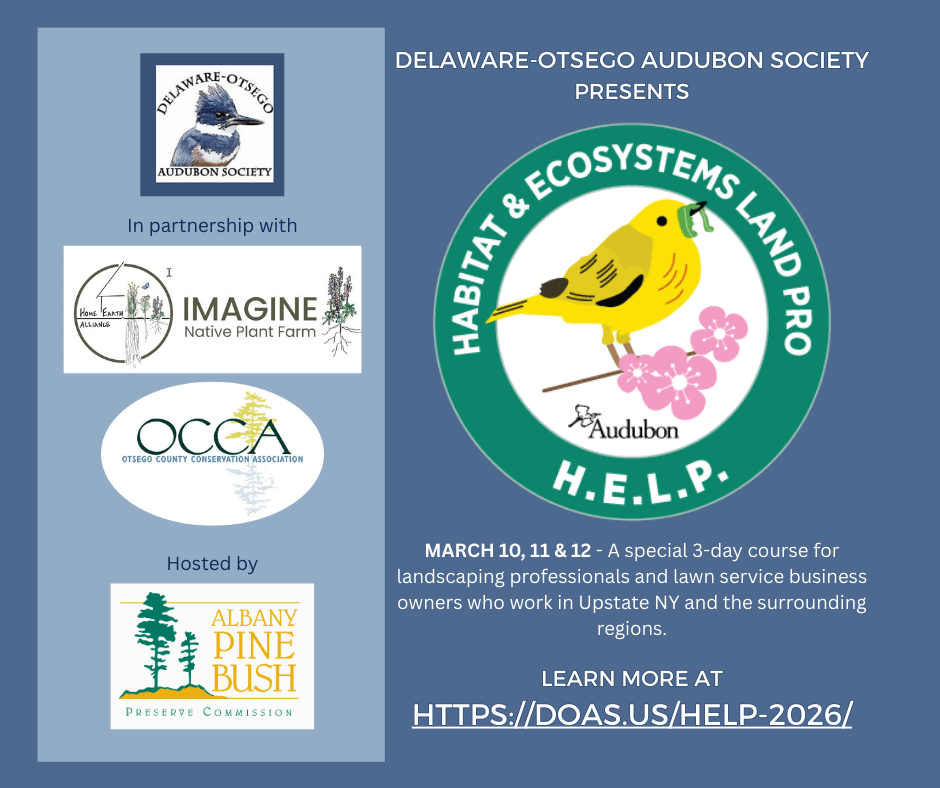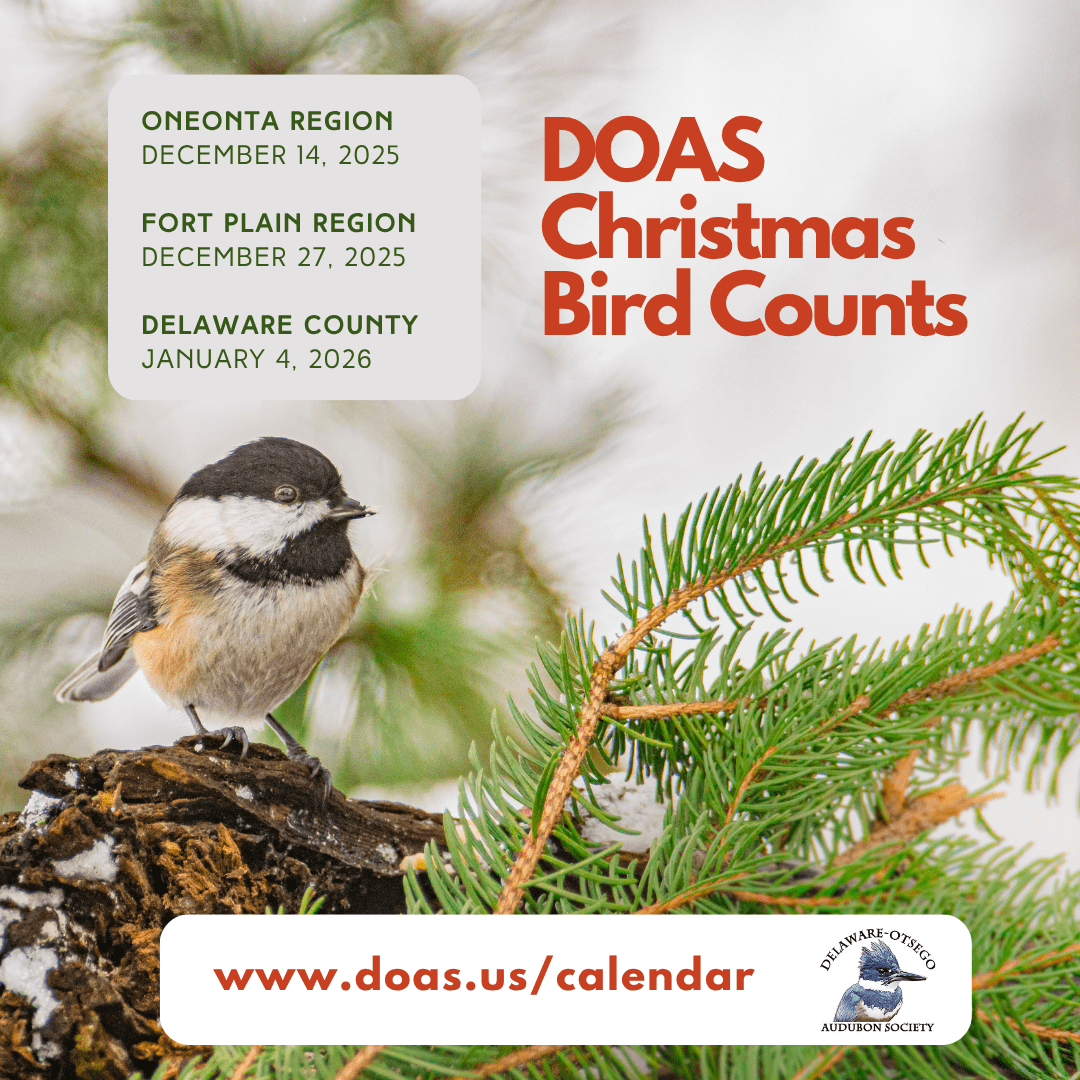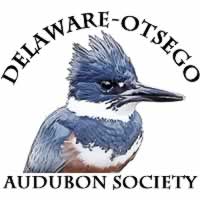What they Tell Us about the Ecosystem, Evolution and Animal Communication
On Friday, March 15, 2024, at 7:30pm, we recorded our Zoom program featuring Dr. Alex Sweger with a program on Spider Behavior.
Spiders are a diverse group of animals which occupy a central location in the food webs of nearly every terrestrial ecosystem on Earth. In forest, field, and agricultural systems, wolf spiders are a major predator of small insects, as well as food for larger vertebrate animals, and their sensory and communication systems have adapted to the intricacies of these interactions. Not only do they play an important role as both predators and prey, but they also exhibit complex behaviors and mating systems, which raises interesting questions about how both their physical and social environments have shaped their evolution. This talk will provide an overview of spider biology and ecology, with a focus on a series of different projects, all involving undergraduate student researchers. These studies serve as examples of how wolf spiders can be used to answer questions about: 1) how the environment can shape the evolution of animal communication signals, and 2) how synthetic pesticides can have unintended effects on an ecosystem.
About the Presenter
Dr. Alex Sweger is an Assistant Professor of Biology at Hartwick College and specializes in behavioral ecology and arachnology. His work investigates issues in sensory ecology and behavior, using primarily wolf spiders as model organisms. His research questions include the evolution of sexual communication, predator-prey interactions, bioacoustics, and ecosystem-level interactions between spiders and their surrounding communities. He joined the Hartwick College faculty in the Fall of 2023, and has worked with students previously at the University of Cincinnati, Susquehanna University, and Union College.
